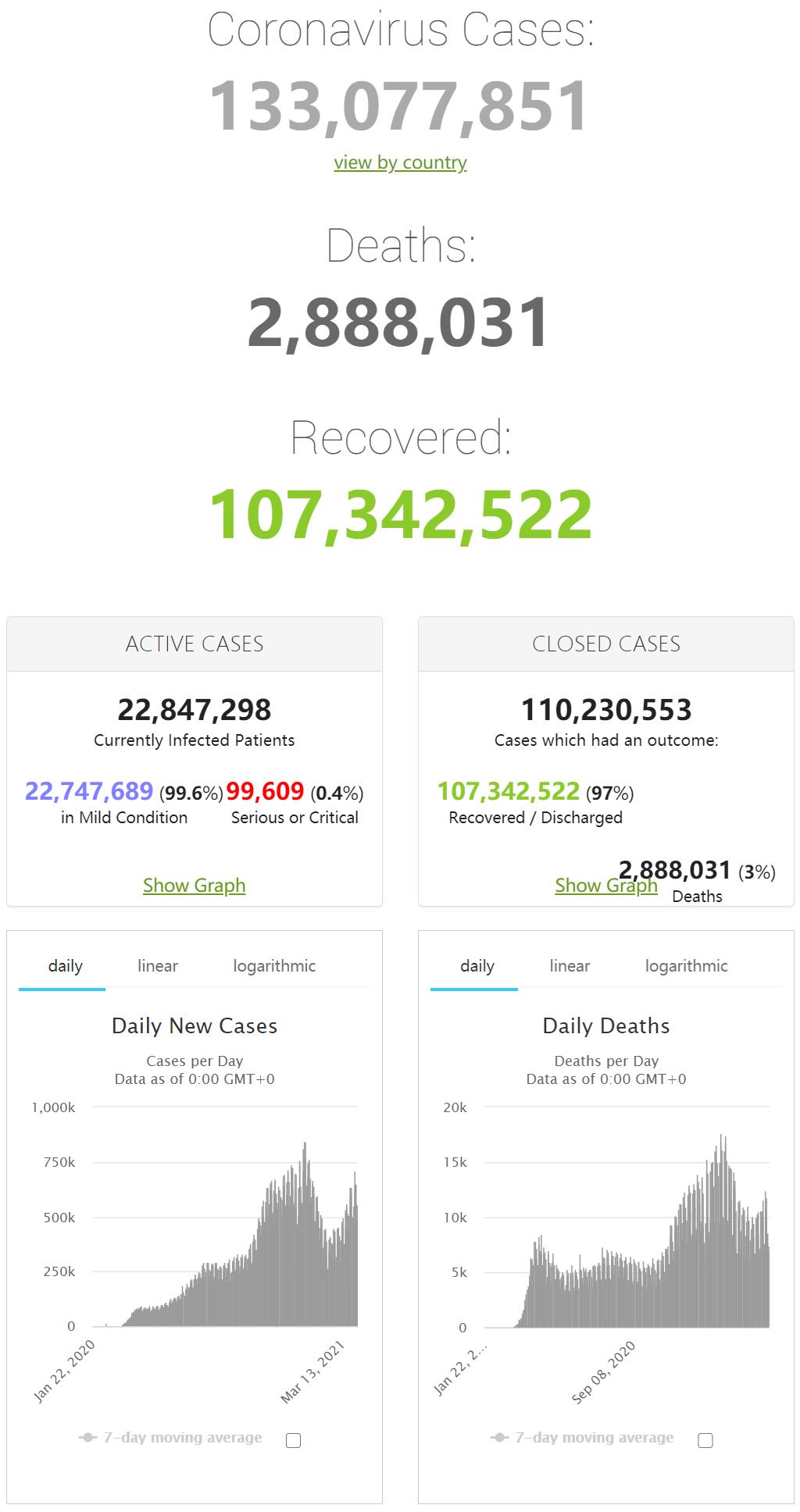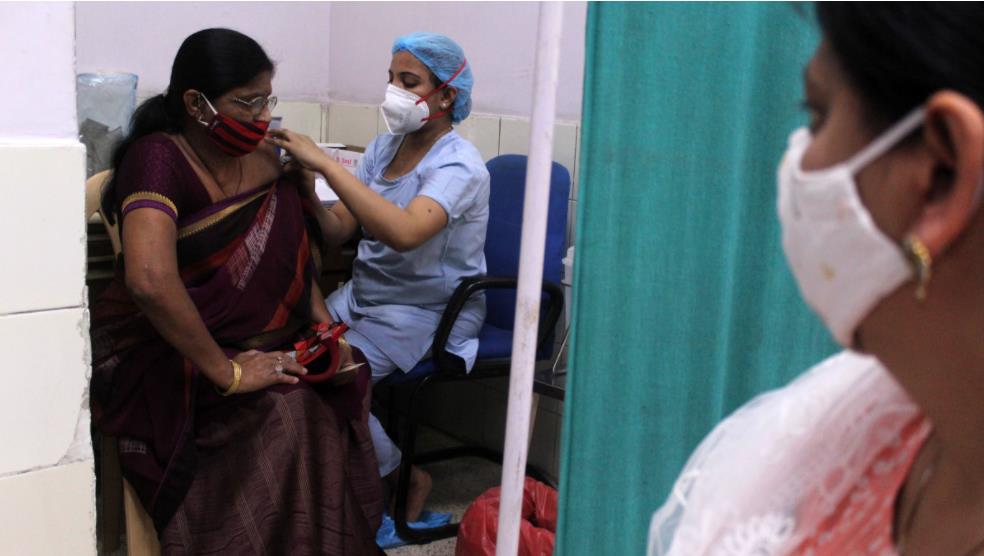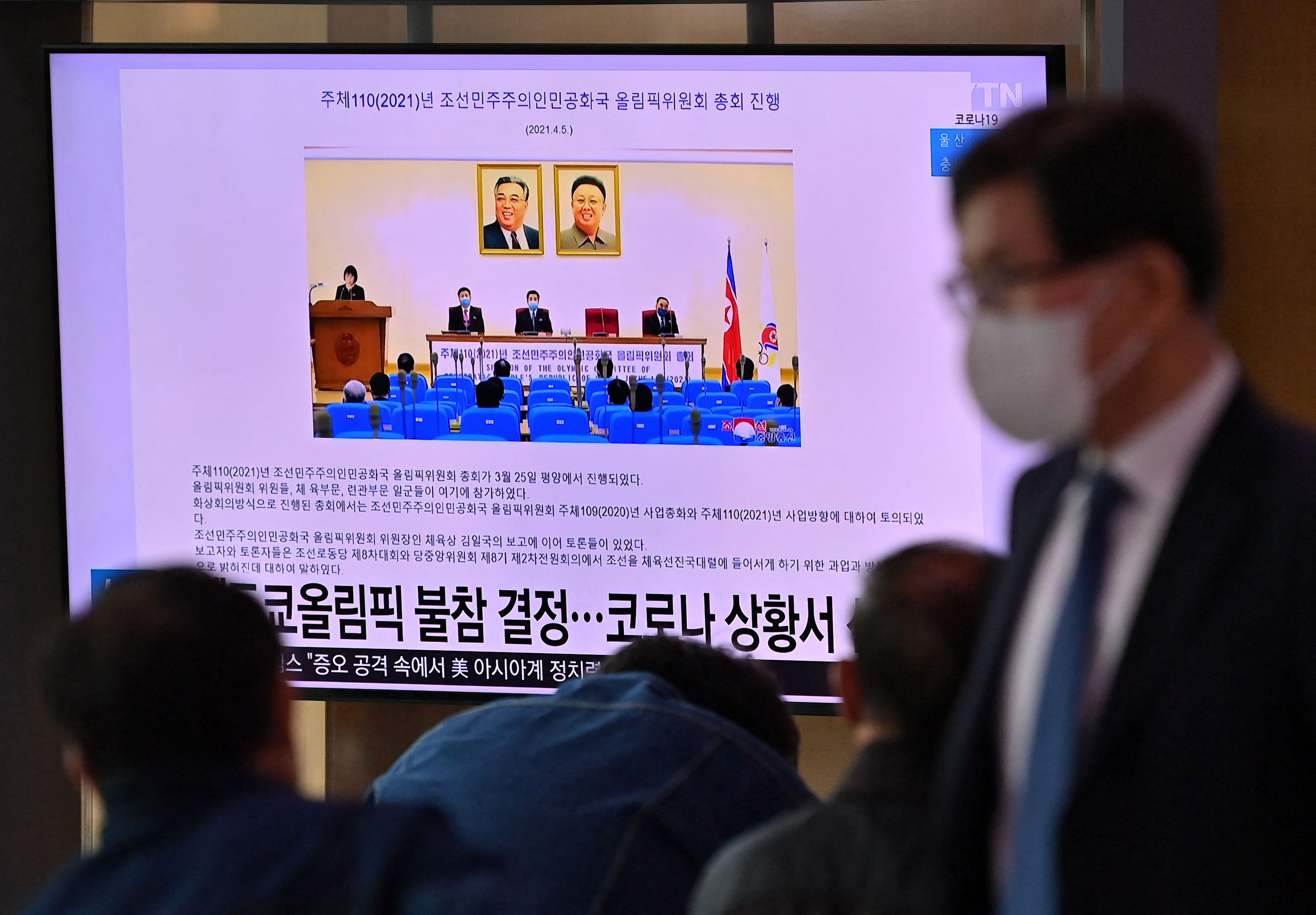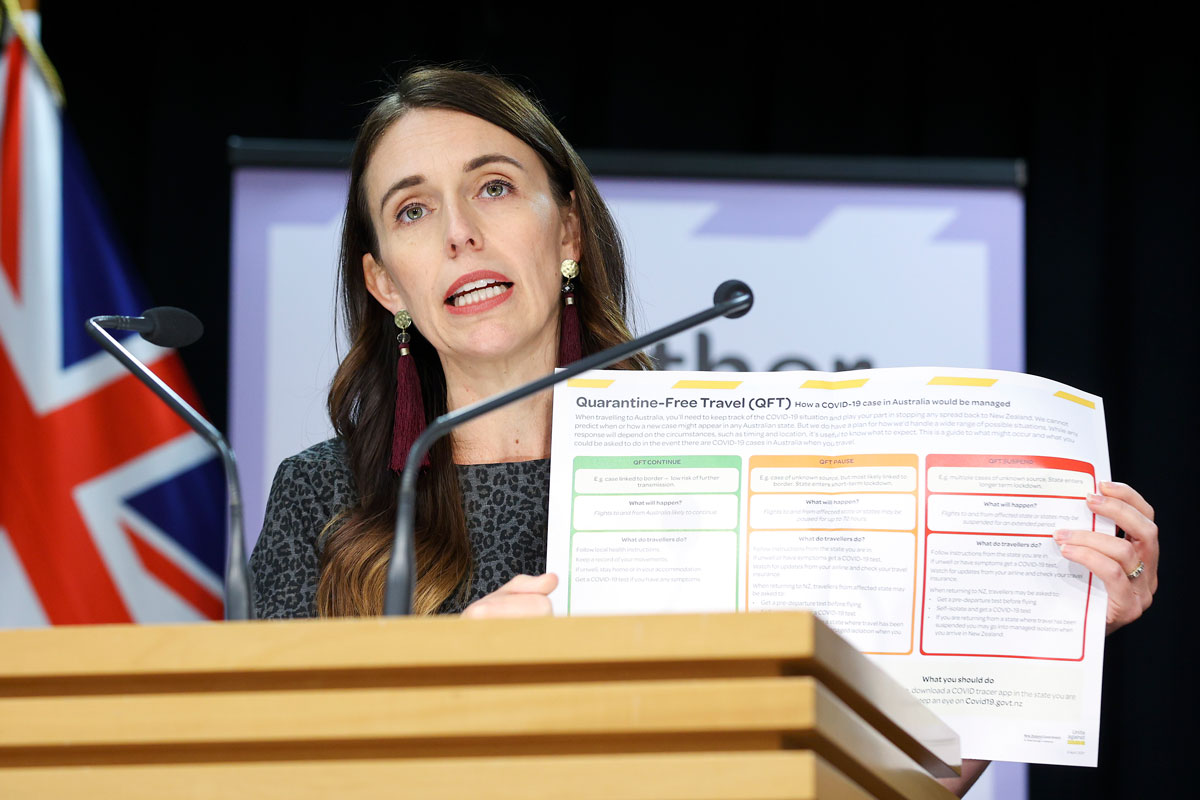
 i_need_contribute
i_need_contribute


|
Country, |
Total |
New |
Total |
|
World |
133,015,451 |
+580,650 |
2,885,546 |
|
31,560,438 |
+62,283 |
570,260 |
|
|
13,106,058 |
+82,869 |
337,364 |
|
|
12,799,746 |
+115,269 |
166,208 |
|
|
4,841,308 |
+8,045 |
97,273 |
|
|
4,597,868 |
+8,328 |
101,106 |
|
|
4,364,529 |
+2,379 |
126,882 |
|
|
3,686,707 |
+7,767 |
111,747 |
|
|
3,579,185 |
+49,584 |
32,667 |
|
|
3,317,948 |
+6,623 |
75,911 |
|
|
2,912,636 |
+9,600 |
77,862 |
|
|
2,468,236 |
+11,827 |
64,524 |
|
|
2,456,709 |
+8,245 |
55,065 |
|
|
2,428,029 |
+20,870 |
56,634 |
|
|
2,251,705 |
+1,247 |
204,399 |
|
|
1,963,394 |
+17,430 |
63,506 |
|
|
1,769,164 |
+13,276 |
35,017 |
|
|
1,598,593 |
+8,384 |
53,411 |
|
|
1,555,255 |
+1,411 |
27,276 |
|
|
1,552,853 |
+437 |
53,032 |
|
|
1,542,516 |
+4,549 |
41,977 |
|
|
1,313,007 |
+5,541 |
16,649 |
|
|
1,037,780 |
+5,168 |
23,734 |
|
|
1,020,893 |
+6,519 |
23,141 |
|
|
983,217 |
+5,231 |
24,386 |
|
|
902,964 |
+1,968 |
23,202 |
|
|
887,291 |
+7,300 |
14,535 |
|
|
834,920 |
+317 |
6,257 |
|
|
824,368 |
+874 |
16,887 |
|
|
812,760 |
+9,373 |
13,817 |
|
|
696,184 |
+3,953 |
14,924 |
|
|
691,743 |
+1,890 |
22,098 |
|
|
651,652 |
+7,213 |
9,384 |
|
|
645,449 |
+6,005 |
7,383 |
|
|
625,773 |
+4,398 |
5,537 |
|
|
562,907 |
+1,935 |
9,517 |
|
|
499,025 |
+696 |
8,865 |
|
|
487,545 |
+2,220 |
9,249 |
|
|
482,798 |
+2,296 |
6,479 |
|
|
474,136 |
+1,988 |
1,516 |
|
|
394,169 |
+792 |
6,711 |
|
|
365,733 |
+333 |
10,094 |
|
|
360,863 |
+4,004 |
13,918 |
|
|
356,913 |
+357 |
6,146 |
|
|
353,329 |
+1,300 |
1,300 |
|
|
337,702 |
+925 |
17,004 |
|
|
329,258 |
+968 |
2,304 |
|
|
284,958 |
+897 |
3,832 |
|
|
281,570 |
+4,293 |
8,532 |
|
|
280,899 |
+735 |
6,113 |
|
|
278,470 |
+260 |
3,036 |
|
|
275,392 |
+458 |
12,344 |
|
|
273,869 |
+2,035 |
3,743 |
|
|
263,043 |
+1,866 |
9,039 |
|
|
256,837 |
+1,809 |
3,129 |
|
|
256,461 |
+2,539 |
2,735 |
|
|
254,603 |
+168 |
3,355 |
|
|
239,952 |
+1,403 |
1,373 |
|
|
238,907 |
+441 |
4,727 |
|
|
236,563 |
+773 |
5,224 |
|
|
234,318 |
+520 |
2,432 |
|
|
224,736 |
+2,073 |
4,522 |
|
|
220,904 |
+690 |
3,625 |
|
|
220,698 |
+273 |
4,089 |
|
|
219,846 |
+1,690 |
3,000 |
|
|
219,381 |
+2,054 |
3,025 |
|
|
206,510 |
+778 |
12,253 |
|
|
197,873 |
+760 |
3,627 |
|
|
197,020 |
+1,340 |
6,903 |
|
|
191,136 |
+505 |
4,681 |
|
|
185,261 |
+927 |
312 |
|
|
169,074 |
+1,526 |
1,693 |
|
|
165,480 |
+1,206 |
1,728 |
|
|
164,318 |
+876 |
2,765 |
|
|
163,388 |
+58 |
2,058 |
|
|
150,811 |
+1,020 |
545 |
|
|
142,530 |
+19 |
3,206 |
|
|
139,842 |
+394 |
2,258 |
|
|
93,030 |
+290 |
1,326 |
|
|
90,946 |
+46 |
752 |
|
|
90,329 |
+24 |
4,636 |
|
|
89,277 |
+124 |
1,509 |
|
|
89,071 |
+62 |
1,224 |
|
|
83,935 |
+133 |
632 |
|
|
81,640 |
+1,030 |
440 |
|
|
80,068 |
+331 |
860 |
|
|
68,292 |
+65 |
785 |
|
|
48,837 |
+559 |
264 |
|
|
45,008 |
+122 |
542 |
|
|
44,854 |
+13 |
256 |
|
|
29,571 |
+250 |
95 |
|
|
9,760 |
+79 |
91 |
|
|
9,184 |
+10 |
178 |
|
|
2,648 |
+11 |
35 |
Retrieved from: https://www.worldometers.info/coronavirus/
From CNN's Sugam Pokharel and Esha Mitra

A woman receives a Covid-19 vaccine in New Delhi on Tuesday. Mayank Makhija/NurPhoto/Getty Images
India administered more than 4.3 million doses of Covid-19 vaccines in the last 24 hours — the country's highest one-day total so far, its health ministry said in a statement Tuesday.
The country has so far administered 83.1 million coronavirus vaccine shots in the country with the first doses contributing to nearly 87% of the total inoculations, the ministry data showed.
India's record vaccinations come as a second wave of coronavirus is spreading through the country, with more than 90,000 new cases reported daily over the last three days, similar to the case load India experienced in the peak of its first wave in September last year.
Eleven out of the country's total 28 states and nine union territories constitute for over 80% of the new Covid-19 cases, Indian Health Minister Harsh Vardhan said Tuesday.
Speaking to reporters, the minister announced that Prime Minister Narendra Modi on Thursday will hold a joint virtual meeting with all the chief ministers of Indian states and territories to review and discuss the Covid-19 situation in the country.
Meanwhile, a night curfew will go into effect starting on Wednesday in 20 cities in the Western Indian state of Gujarat to curb a fresh surge in new Covid-19 cases, the state's Chief Minister Vijay Rupani announced at a news conference Tuesday.
Earlier today, India’s union territory of Delhi, of which the nation’s capital New Delhi is a part of, also announced a night curfew with immediate effect.
From CNN’s Paula Newton

Canadian Prime Minister Justin Trudeau holds a news conference on Tuesday. CTV Network
Canadian public health officials say the B.1.1.7 variant has now likely replaced the original Covid-19 virus in many parts of the country, adding that new variants are making younger people sicker and sending more to the hospital.
“This isn’t the news any of us wanted but hospitalizations are surging, ICU beds are filling up, variants are spreading and even people who had convinced themselves they didn’t need to be concerned are getting sick,” Canada’s Prime Minister Justin Trudeau said during a news conference Tuesday.
This is a "very serious" third wave of the pandemic, he added.
Trudeau made a pointed appeal to young people urging them to "stay home," saying younger Canadians are getting sicker in this third wave.
Canada’s Public Health Agency said intensive care admissions are up 18% in the last week alone, saying that the new variants are placing a ‘heavy strain" on hospital capacity.
“With increasing rates of infection we are seeing a greater number of younger adults with COVID-19 being treated in hospital,” Dr. Theresa Tam, Canada’s Chief Public Health Officer said.
“Many of them deteriorate quite quickly and have to be admitted to the ICU quite immediately, and then they spend quite a bit length of time staying in the ICU, which means that there’s a capacity impact as well,” she added.
Tam explained that while hospitalizations haven’t increased dramatically, more of those patients admitted are now needing critical care as variants are making them more severely ill. She added that more than 15,000 variant cases had been detected so far, the vast majority of them the B.1.1.7 variant, first detected in the UK.
While the B.1.1.7 variant has now likely become the dominant variant in Canada, Tam said her team is also keeping a close eye on a significant outbreak of the P.1. variant, first detected in Brazil and now surging in some western Canadian provinces.
On Monday, British Colombia’s health minister said the number of cases of the P.1. variant in his province close to doubled over the Easter holiday weekend.
"The most transmissive variants of COVID-19 are ultimately going to take over," the minister said during a Covid briefing Monday.
British Columbia has moved to close the Whistler ski resort and further restrict gatherings in the province now also coping with an outbreak of the virus among NHL hockey players with the Vancouver Canucks.
The province of Alberta also confirmed that it was dealing with new clusters of cases involving the P.1. variant.
Ontario, meantime, is debating new and more restrictive measures, including a stay-at-home order, as its ICU capacity is increasingly strained.
From CNN’s Aleks Klosok

People at a railway station in Seoul, South Korea, watch a news report about North Korea's decision not to participate in the Tokyo Olympic Games due to Covid-19 concerns on April 6. Jung Yeon-je/AFP/Getty Images
The International Olympic Committee (IOC) said it has “not received any official application" from North Korea regarding its reported decision to pull out of this summer’s Tokyo Olympic Games due to Covid-19 concerns.
In a statement to CNN on Tuesday, the IOC said: “This news has to be put in context.
“Unfortunately, (North Korea’s Olympic Committee) was, despite several requests of the IOC, not in a position to hold a telephone conference during which also the COVID-19 situation in North Korea should have been discussed.
“The IOC has not received any official application from the NOC of DPRK to be released from their obligation to take part in the Olympic Games according to the Olympic Charter.”
DPRK sports, a website on sports affairs in North Korea, reported Tuesday that the country would skip the delayed event to “protect players from the world public health crisis caused by Covid-19."
Following those reports, the South Korean government said it hoped its neighbors would still take part. The South Korean Foreign Ministry's spokesperson Choi Young-sam said in a briefing on Tuesday that the country suppoers Japan’s hosting of the Olympics with Covid-19 control measures in place.
From CNN's Mia Alberti and Angus Watson

Prime Minister Jacinda Ardern announces plans for a quarantine-free travel bubble with Australia during a news conference on April 6 in Wellington, New Zealand. Hagen Hopkins/Getty Images
New Zealand will allow Australians to travel to the country quarantine-free, Prime Minister Jacinda Ardern announced at a news conference Tuesday.
The travel bubble is set to begin on Sunday, April 18 at 11:59 p.m., Ardern said.
Australia has allowed for New Zealand travelers to enter without quarantine and New Zealand is now following suit.
"This is an important step forward in our Covid response and represents an arrangement I do not believe we have seen in any other part of the world. That is, safely opening up international travel to another country while continuing to pursue a strategy of elimination and a commitment to keeping the virus out", Ardern said during the news conference.
Under the new rules, passengers won't be allowed to travel if they had a positive Covid test in the previous 14 days or present flu-like symptoms.
The New Zealand prime minister also said travel "will not be what it was pre-Covid", explaining flights could be suspended again in the case of a new outbreak or travelers might be asked to take a PCR test or quarantine upon arrival, depending on the nature and origin of the infections.
Ardern also said travelers coming from Australia will board on "green zone flights."
"That means there will be no passengers on that flight who have come from anywhere but Australia in the last 14 days", Ardern said, adding the crews operating the connection "have not flown on any high-risk routes for a set period of time".
Retrieved from: https://edition.cnn.com/world/live-news/coronavirus-pandemic-vaccine-updates-04-07-21/index.html
By Vivian Wang and Keith Bradsher

Several businesses in China are offering incentives for those getting inoculated, including this Lego stall outside a vaccination center in Beijing.Credit...Gilles Sabrié for The New York Times
In Beijing, the vaccinated qualify for buy-one-get-one-free ice cream cones. In the northern province of Gansu, a county government published a 20-stanza poem extolling the virtues of the jab. In the southern town of Wancheng, officials warned parents that if they refused to get vaccinated, their children’s schooling and future employment and housing were all at risk.
China is deploying a medley of tactics, some tantalizing and some threatening, to achieve mass vaccination on a staggering scale: a goal of 560 million people, or 40 percent of its population, by the end of June.
China has already proven how effectively it can mobilize against the coronavirus. And other countries have achieved widespread vaccination, albeit in much smaller populations.
But China faces a number of challenges. The country’s near-total control over the coronavirus has left many residents feeling little urgency to get vaccinated. Some are wary of China’s history of vaccine-related scandals, a fear that the lack of transparency around Chinese coronavirus vaccines has done little to assuage. Then there is the sheer size of the population to be inoculated.
To get it done, the government has turned to a familiar tool kit: a sprawling, quickly mobilized bureaucracy and its sometimes heavy-handed approach. This top-down, all-out response helped tame the virus early on, and now the authorities hope to replicate that success with vaccinations.
Already, uptake has skyrocketed. Over the past week, China has administered an average of about 4.8 million doses a day, up from about one million a day for much of last month. Experts have said they hope to reach 10 million a day to meet the June goal.
“They say it’s voluntary, but if you don’t get the vaccine, they’ll just keep calling you,” said Annie Chen, a university student in Beijing who received two such entreaties from a school counselor in about a week.

A garment worker in Cambodia signaled support for a campaign demanding relief for garment workers who have lost jobs and reform of the apparel industry, including a severance guarantee fund.Credit...Enric Catala/Wsm
Garment workers in factories producing clothes and shoes for companies like Nike, Walmart and Benetton have seen their jobs disappear in the past 12 months, as major brands in the United States and Europe canceled or refused to pay for orders after the pandemic took hold and suppliers resorted to mass layoffs or closures.
Most garment workers earn chronically low wages, and few have any savings. Which means the only thing standing between them and dire poverty are legally mandated severance benefits that are often owed upon termination, wherever the workers are in the world.
According to a new report from the Worker Rights Consortium, however, garment workers are being denied some or all of these wages.
The study identified 31 export garment factories in nine countries where, the authors concluded, a total of 37,637 workers who were laid off did not receive the full severance pay they legally earned, a collective $39.8 million.
According to Scott Nova, the group’s executive director, the report covers only about 10 percent of global garment factory closures with mass layoffs in the last year. The group is investigating an additional 210 factories in 18 countries, leading the authors to estimate that the final data set will detail 213 factories with severance pay violations affecting more than 160,000 workers owed $171.5 million.
“Severance wage theft has been a longstanding problem in the garment industry, but the scope has dramatically increased in the last year,” Mr. Nova said. He added that the figures were likely to rise as economic aftershocks related to the pandemic continued to unfold across the retail industry. He believes the lost earnings could total between $500 million and $850 million.
The report’s authors say the only realistic solution to the crisis would be the creation of a so-called severance guarantee fund. The initiative, devised in conjunction with 220 unions and other labor rights organizations, would be financed by mandatory payments from signatory brands that could then be leveraged in cases of large-scale nonpayment of severance by a factory or supplier.
Several household names implicated in the report made money during the pandemic. Amazon, for example, reported an increase in net profit of 84 percent in 2020, while Inditex, the parent company of Zara, made 11.4 billion euros, about $13.4 billion, in gross profit. Nike, Next and Walmart all also had healthy earnings.
Some industry experts believe the purchasing practices of the industry’s power players are a major contributor to the severance pay crisis. The overwhelming majority of fashion retailers do not own their own production facilities, instead contracting with factories in countries where labor is cheap. The brands dictate prices, often squeezing suppliers to offer more for less, and can shift sourcing locations at will. Factory owners in developing countries say they are forced to operate on minimal margins, with few able to afford better worker wages or investments in safety and severance.
“The onus falls on the supplier,” said Genevieve LeBaron, a professor at the University of Sheffield in England who focuses on international labor standards. “But there is a reason the spotlight keeps falling on larger actors further up the supply chain. Their behavior can impact the ability of factories to deliver on their responsibilities.”

Muslims, maintaining social distancing, performed the Friday Prayer at the Grand Mosque in Mecca, Saudi Arabia, in February.Credit...Saudi Press Agency/via Reuters
Saudi Arabia says it will restrict access to the Grand Mosque in Mecca during the Muslim holy month of Ramadan to people who have been vaccinated against the coronavirus or who have recovered from the disease.
The new restrictions, announced on Monday by the state-run Saudi Press Agency, are intended to prevent Mecca from becoming a hub for virus transmission during the most sacred month of the Islamic calendar.
In a typical year, millions of Muslims travel to Mecca from around the world to perform both the hajj pilgrimage, which is undertaken at a specific time of the year, and the lesser umrah pilgrimage, which can be done at any time.
The kingdom has not yet announced restrictions for the hajj, which will take place in July this year and which all Muslims who are financially and physically able must perform at least once in their lives.
Both the annual observance of Ramadan, when most Muslims fast from dawn to dusk, and the hajj are among the five pillars of Islam. The hajj and umrah pilgrimages are important economic drivers in Saudi Arabia, bringing billions of dollars into the kingdom in normal years.
Last June, as the coronavirus spread globally, the Saudi authorities drastically cut participation in the hajj by foreign visitors, limiting it to a few thousand pilgrims who were already in the kingdom — a tiny fraction of the 2.5 million people who had come for the hajj the year before.
The new measures, which will take effect when Ramadan begins around April 14, do not specify how many people will be allowed into the Grand Mosque or nearby sites at any one time. Pilgrims will need to book their visits to the shrine on a government app to prevent crowding.
Visitors will be required to prove that they are fully vaccinated, or had received the first dose of a two-dose vaccination more than 14 days before visiting. Alternatively, they can provide proof that they recovered from Covid-19.
Saudi Arabia imposed lockdowns and restricted international air travel earlier in the pandemic to try to limit coronavirus cases inside the kingdom, but the stringent limits on international flights were eased last month, reopening the possibility for Muslims abroad to reach the holy sites.